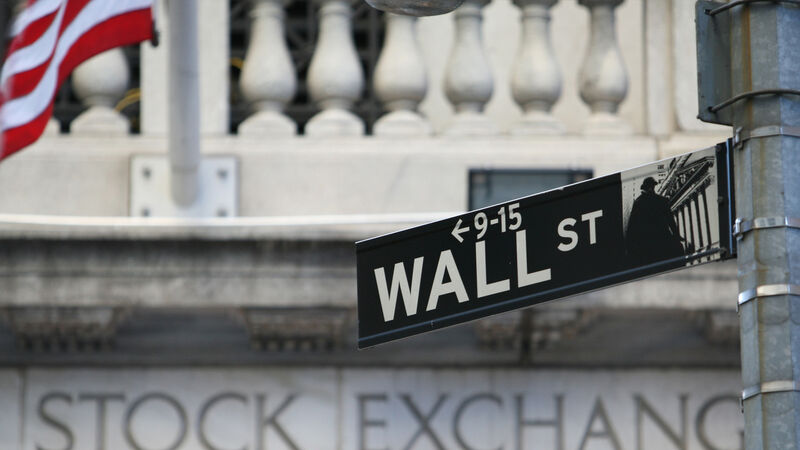Stocks bounce to recover some of their losses following historic dip

Some relief is flowing through financial markets worldwide on Tuesday as stocks bounce to recover some of their historic losses since US President Donald Trump dramatically raised the stakes in his trade war last week.
The S&P 500 was up 3.7% in morning trading, though it still remains more than 14% below its record set in February. The Dow Jones Industrial Average was up 1,363 points, or 3.6%, as of 10.12am Eastern time (3.12pm BST), and the Nasdaq composite was 4.2% higher.











